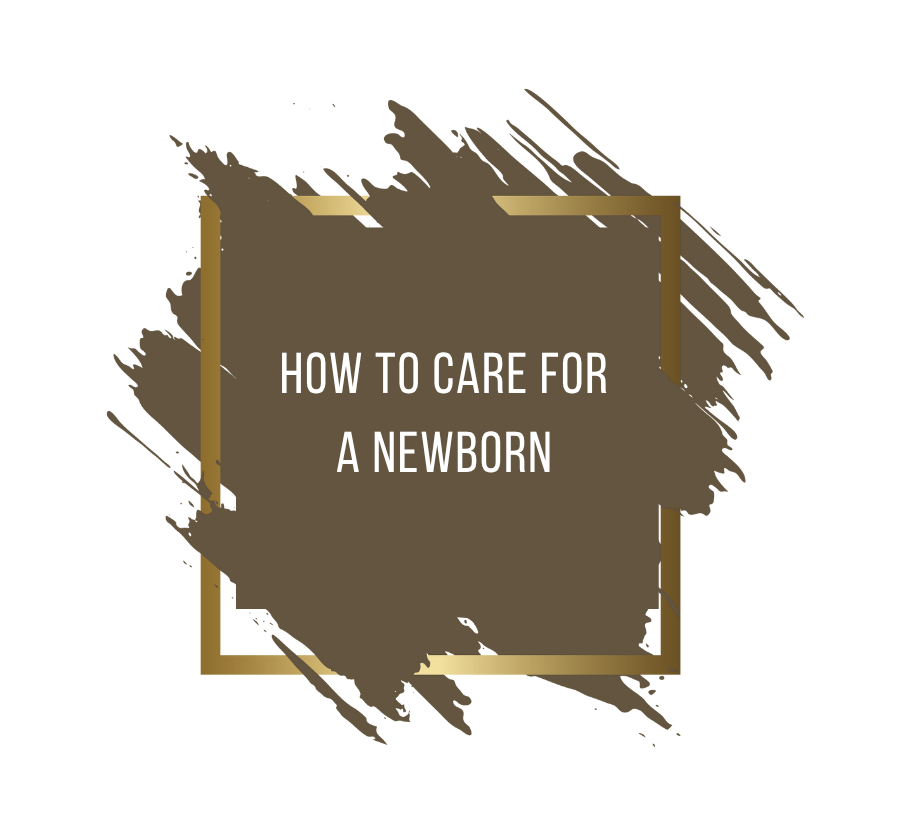Blog by Nurse Lidia
Once you hold that precious baby in your arms, caring for a newborn becomes a deeply personal and rewarding journey. Meeting their basic needs of sleep, feeding (whether breast or bottle), hygiene, and emotional connection is essential. Above all, providing consistent love, attention, and gentle nurturing lays the foundation for a baby’s healthy development and well-being.
Feeding
Newborns typically need to be fed every 2-3 hours, whether they are breastfed or formula fed. Frequent feeding supports healthy growth, ensures proper hydration, and helps establish a strong feeding routine.
Sleep
Newborns do sleep a lot. They can often sleep up to 16 hours a day but in short stretches of 2-3 hours. A safe sleep environment is essential for their wellbeing. Always place your baby on their back to sleep, in a bassinet or cot with a firm mattress and no loose bedding, pillows, or toys to reduce the risk of Sudden Infant Death Syndrome (SIDS).
Hygiene
Sponge baths are recommended until the umbilical cord stump falls off – usually within 1-2 weeks. Once the stump falls off, you can start giving regular baths. Sponge baths are recommended to prevent infection, promote natural healing and to reduce irritation.
Always wash your hands before handling your baby to prevent infections.
Change their nappy frequently to keep your baby dry and comfortable. This will help to prevent nappy rash.
Bonding
From the moment your baby is born, skin to skin contact is highly recommended. This is beneficial to you and your baby to help create a strong emotional connection and regulate your baby’s temperature and heart rate. Spend time holding your baby, cuddling and talking to your baby. They love to hear your voice.
Seek Help
If you are feeling tired or overwhelmed, don’t hesitate to ask for help from family and friends.
Manage your expectations
Every baby can have different cues, sleep patterns and temperaments. What may have worked with your other children may not work with your newborn. As parents, it’s important to stay flexible and patient as you learn and adjust to your baby’s individual needs and settle into a new routine together.
Stay Informed
Education is key when it comes to caring for your newborn. Whether it’s through books, trusted online resources, or parenting classes, gaining knowledge can help guide you through the early stages of parenthood. Being informed not only helps you make confident decisions but also allows you to feel more prepared to meet your baby’s needs with care and reassurance.



